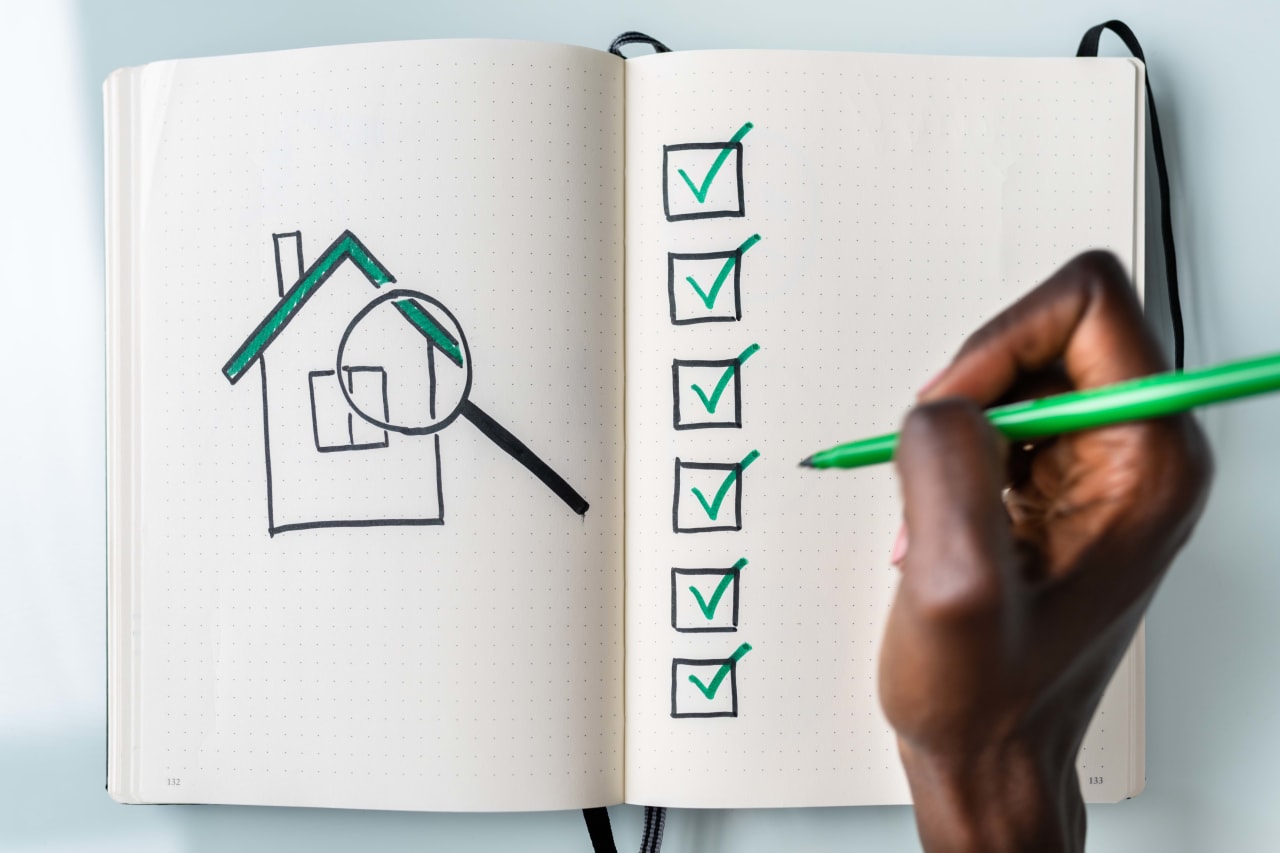The Life Cycle of a Real Estate Transaction in 10 Long Steps.
What happens next?
I’m sure you can think of a time when you were in the process of some transaction and thought to yourself “What happens next?” Most people in the midst of a NYC real estate deal don’t know every step of the complicated process and as a result, they get frustrated with the drawn-out course and, naturally, blame their broker. While blaming one’s broker is a good place to start, I have to be fair and say that it’s very possible that the ball is simply not in your broker’s court. There are many times when we’re at the mercy of other parties to scoot things along.
For starters, New York is an attorney state which means due diligence, drawing up contracts and preparing for closing is all the responsibility of the attorney. And it doesn’t end there. The hot potato of responsibility gets tossed to several important parties throughout a transaction including but not limited to: brokers, buyers, sellers, attorneys, management companies (ugh management), the board of directors and lenders.
So, the next time you’re thinking “What happens next?” or “Who can I scream at right now?” use this step-by-step guide to appropriately blame the correct party in the transaction at the appropriate time. You’re welcome.
STEP 1: Choose a real estate agent to work with.
Whether you’re buying or selling, you should vet a professional who is in your corner and working for you. It should be a thoughtful process and it’s important that you choose someone you connect with. Check out How to Choose the BEST Real Estate Agent in NYC.
STEP 2: Marketing for sale / Searching for the perfect pad to ACCEPTED OFFER
Marketing for Sale
Get the apartment into shape. This could be as simple as de-cluttering and/or cleaning to painting or even renovating. Occasionally I recommend staging. Contrary to the proposals you’ll receive on staging, this does not have to cost an arm and a leg. (I have a secret weapon when it comes to staging. You’ll have to hire me to find out.) Regardless of what level of preparation is advised, let me stress that prepping an apartment to be show ready is crucial to getting the highest and best offer. A minimal up-front sunk cost can gain you 10X the return.
Then your listing agent will hire a photographer, edit the photos if needed and prepare all marketing materials for advertising. This will take 1-2 weeks. In tandem, your agent should gather all due diligence documents from the building’s management. This will eliminate delays in step 3.
Searching to Buy
You search and search and you find the perfect place. You make a non-binding / verbal offer and negotiate until you have an ACCEPTED OFFER which could happen in a New York minute or as fast as a 24 -48 hours. An accepted offer is still non-binding.
You’ll then need to provide your broker with all your contact information along with your attorney contact info. This is so that the listing broker can draw up a DEAL SUMMARY sheet which outlines all parties and terms of the deal so that the seller’s attorney can draw up a contract.
Step 3: Contracts & Due Diligence (1-2 weeks)
While the seller’s attorney is drafting the contract, the buyer’s attorney will be performing due diligence which means looking into the building financials, offering plan, reading minutes, and overall advising on the financial health of the building and risk of the deal. Inspections are rarely necessary and in most cases they are a waste of money in a co-op or condo unless it’s a self managed building. Once the buyer’s attorney receives the contract from the seller’s side, he’ll make notes and alter language appropriately protecting your interests. (I suggest to my clients that they ask their attorney to change the language in the contract regarding the timing of the submission of the board package to at least 15 days. See why in the next step.) Once both parties agree to the terms and language in the contract, the buyer signs the contract first and hands over a deposit, typically 10% of the purchase price. The contract then goes to the seller for counter-signatures. Once the sellers signs, only then do you have a fully executed contract. This entire process can take 1-2 weeks which is nerve wrecking because everyone is vulnerable until then. One must understand that a seller can accept another / higher offer or the buyer can get cold feet and walk with no penalty at any point until contracts are fully executed.
Step 4: Board Package Application & Mortgage Commitment (2-4 weeks)
Every buyer has to submit a complete application whether to a co-op or condo board for approval. And while co-op applications are typically more daunting, these days condo applications are becoming equally as burdensome requiring tax returns, bank statements and multiple reference letters as well. And if you’re financing, you’ll need to include your mortgage commitment letter (along with other bank documents) from your lender.
The proper compilation of the application within a certain time frame (typically 10 business days according to standard contracts) is critical. There are no exceptions here. It sounds like a lot, and it is. This is all part of the complexity in the right to own exclusive property. That’s right, you’re bougie.
Working with an experienced broker can be highly beneficial in preserving your sanity. A great broker will have a methodology in collecting and compiling these documents and do most of the work for you so that ultimately, the task will seem almost pleasurable. Maybe that’s a stretch - but it certainly doesn’t have to be painful.
Step 5: Submit Application to Management for preliminary review (1-2 weeks)
Once the board package application is complete including all bank documents and fees associated with processing, it can be submitted to the building’s management. There, the transfer agent will review the package making sure everything is complete and in accordance with the board’s requirements. This is why it’s so important to assemble the application thoroughly otherwise the transfer agent will kick it back, requiring adjustments and further delaying the process.
Ok, I’m just going to say it: all management companies are horrible and a total pain to deal with. Remember what I said about transfer agents? They are over worked and underpaid. They don’t care about your time sensitive documents, rate lock expiring or when you’ve booked your movers. And yet, you need their cooperation; you are at their total mercy from here on out so play nice. If you bombard them with emails it only clogs their day-to-day delaying the process. Because trust me, they don’t answer their emails on vacation, and they clock out at 5pm sharp.
Step 6: Management Submits Application to Board for Review (up to 4 weeks)
Having said all the above, once you have management’s rubber stamp that your application is complete, it then gets submitted to the board of directors. This is the crucial hand-off from broker to management where literally everything from here on out is out of our hands. The board must establish a quorum (typically at the monthly board meeting), review the application and ultimately decide if the buyer is approved pending an interview.
*Prior to 2020, these were always conducted in person. Since the pandemic, they have transitioned to Zoom interviews.
Step 7: Interview ( less than a week)
If the board likes the buyer’s financial picture, they will request the buyer to attend an interview, mainly to get a sense of them in person and off the page. This is really pro forma at this point and should last 30 minutes. Can one blow an interview and get rejected? Oh, yes they can. So be sure to dress nice, be prepared to clarify anything pertaining to your application and don’t ask any questions. Now is not the time to make suggestions on building policy as any questioning can come off as critical, contentious or worse, litigious.
Ask me and I’ll send you a document called “Quick Tips for Passing a Board Interview.”
Step 8: Approval ( 1-3 days)
At the end of the interview, you’ll likely get an informal approval like “welcome to the building” or “be sure to schedule your move-in with the super so he can reserve the service elevator for you.” Formally, the board will issue an approval letter to the transfer agent and they will distribute it to the attorneys.
Step 9: Schedule Closing (1-2 weeks…sometimes longer)
Once the approval letter is received by management, the transfer agent, the bank(s) and both attorneys will issue closing documents and then coordinate the scheduling of the closing. aligning everyones’ availability, including the buyer and seller. If management is busy/backed up, it could take several weeks to even get on their calendar for a closing. This is why it pays to play nice; you never know how your kindness could affect the willingness of the weary.
Step 10: Final Walk Through - Close
You made it. 3-4 months after your accepted offer, you’ve got a closing date on the calendar and a final walk through can be scheduled for the day before or the morning of the closing. *Contact me for a walk-through checklist
As you can see, the process to close in NYC is lengthy and complicated. But I’m here to guide you through the process every step of the way making it as delightful as possible. Hate the playa, not the game. I mean, not me - don’t hate me - I’m not the playa - the playa will likely be management - I’m delightful.














